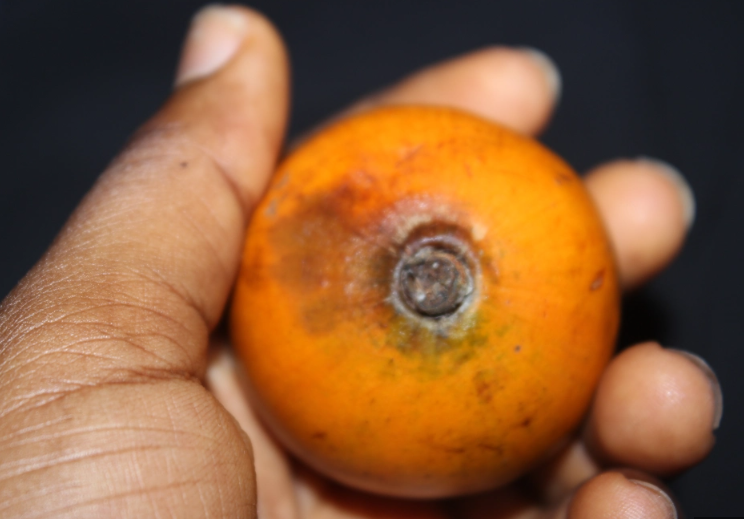Every country has symbols that represent its culture and uniqueness. A national fruit is one of these symbols. In this comprehensive article, we will explore Argentina’s national fruit: the apple. We’ll learn about its selection as the national fruit, its historical roots in Argentine culture, its nutritional values, and the challenges the apple industry faces in Argentina.
Argentina is known for its diversity, with a colorful history and a culture shaped by various influences. Its national fruit, the apple, symbolizes this rich heritage. Let’s dive into the world of Argentina’s favorite fruit and understand its role in the nation’s identity.
Table of Contents
- Getting to Know Argentina
- Argentina’s National Fruit: The Apple
- Apples in Argentine History
- Why Choose the Apple as the National Fruit?
- The Role of Apples in Argentine Traditions
- The Health Benefits of Eating Apples
- Production and Trade of Apples in Argentina
- Obstacles in the Apple Industry of Argentina
- Wrapping Up
Getting to Know Argentina
Argentina, located in the southern part of South America, is one of the largest countries globally, home to over 45 million people. Buenos Aires, its capital, is the most populous city in the country.
The country boasts a variety of landscapes, from the Andes mountains to vast grasslands known as the Pampas, and even the deserts of Patagonia. Its culture is a rich mix of European, indigenous, and African cultures.
Argentina’s National Fruit: The Apple
The apple, scientifically called Malus domestica, is Argentina’s national fruit. This familiar and well-loved fruit is enjoyed for its sweetness and refreshing juice. There are more than 7,500 varieties of apples grown globally, all belonging to the rose family.
Apples in Argentine History
Spanish explorers brought apples to Argentina in the 16th century. Over the generations, apples became integral to Argentina’s farming and economy. Now, Argentina is known as one of the top apple producers in the Southern Hemisphere, producing hundreds of thousands of tons of apples each year.
Why Choose the Apple as the National Fruit?
The apple became the national fruit of Argentina in 2010. The Argentine National Congress made this decision to honor the fruit’s importance culturally, economically, and nutritionally.
The apple provides income for many Argentine farmers and is also known for its health benefits, making it a meaningful symbol for the country.
The Role of Apples in Argentine Traditions
In Argentina, apples are a part of local cuisine, featuring in sweet dishes like empanadas and tarts. Apples also play a role in religious festivities, exemplifying generosity and kindness during the Day of Saint Nicholas.
Artists and writers in Argentina include apples in their work as a sign of knowledge and insight.
The Health Benefits of Eating Apples
Apples are great for your health. They’re packed with fiber, vitamin C, and antioxidants. They can help reduce risks of diseases like heart conditions, diabetes, and cancer.
Being low in calories, they’re an excellent snack choice. In Argentina, apples also find their way into homemade remedies and teas for a range of health issues.
Production and Trade of Apples in Argentina
Argentina dedicates a large area of land to growing apples and is the second-largest producer in South America. The regions of Rio Negro and Neuquen, thanks to their cool climate, are perfect for apple orchards.
Argentinian apples don’t just satisfy local needs; they’re also exported internationally. Key buyers include Brazil, Russia, and the USA, with exports being vital for Argentine farmers.
Obstacles in the Apple Industry of Argentina
Despite its fruitful apple production, Argentina faces hurdles such as stiff competition from countries like Chile that offer cheaper apples. Climate change is also a threat, with shifting weather patterns hampering harvests and fruit quality.
Farmers are also grappling with issues such as excessive pesticide use, which poses risks to the environment and human health.
Wrapping Up
The apple, with its deep roots in Argentine tradition, holds the title of national fruit. This staple crop reflects the country’s values of health, wellbeing, and abundance.
Yet, even as the fruit embodies many positive aspects, Argentine apple growers must navigate through challenges such as market competition, climate uncertainties, and sustainability concerns.








![What Is The National Fruit Of Japan And Why? [ANSWERED]](https://fruitonix.com/wp-content/uploads/2023/04/japanese-persimmon-1024x576.jpg)
